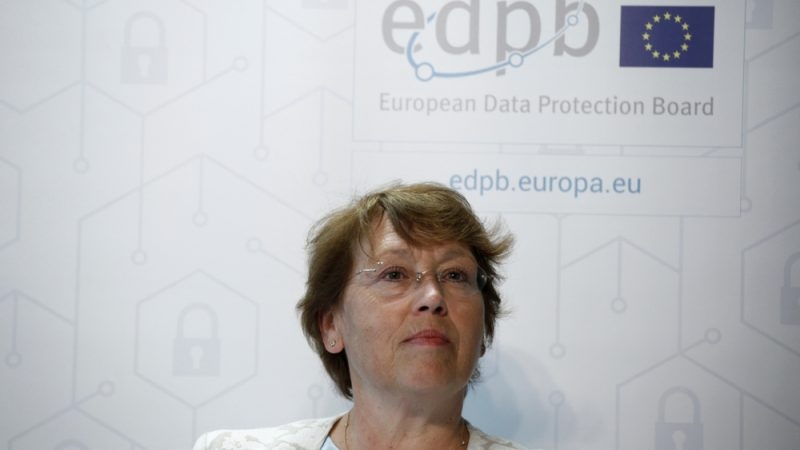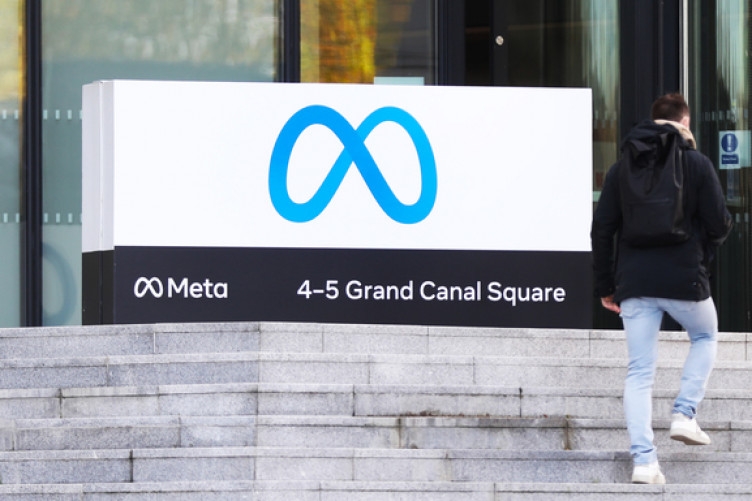In an unprecedented move by European regulators, Meta, the tech giant formerly known as Facebook, has been slapped with an astounding €1.2 billion ($1.3 billion) fine. This landmark penalty stems from Meta’s violation of European data privacy laws, particularly the General Data Protection Regulation (GDPR), through the unauthorized transfer of data belonging to Facebook’s EU users to servers located in the United States.
The European Data Protection Board announced the substantial fine in a statement on Monday, signifying a pivotal moment in the enforcement of data privacy regulations. The Irish Data Protection Commission, the primary privacy regulator overseeing Meta’s operations in Europe, conducted a comprehensive investigation into Facebook, as part of a broader crackdown on potential mishandling of personal data following the implementation of GDPR.
According to Andrea Jelinek, Chair of the European Data Protection Board, Meta’s transgression is of significant magnitude. She highlighted that the infringement involves systematic, repetitive, and continuous data transfers. Given Facebook’s immense user base in Europe, the scale of personal data transferred is staggering, making the unprecedented fine a stark warning to organizations that serious violations will have far-reaching consequences.
Jelinek’s remarks signal a notable shift in the enforcement of data regulations, indicating a stricter approach to penalizing companies that breach Europe’s robust data privacy laws. The substantial fine underscores the European Union’s commitment to safeguarding the personal data of its citizens and ensuring its appropriate usage, effectively conveying the gravity of GDPR compliance to other tech giants.

Meta wasted no time in expressing its intention to appeal the ruling and the associated fine. The company assured users that there would be no immediate disruption to Facebook’s services in Europe.
Nick Clegg, Meta’s President of Global Affairs, and Jennifer Newstead, the company’s Chief Legal Officer, issued a joint statement emphasizing the significance of cross-border data transfers for the functioning of the global open internet. They underscored how numerous businesses and organizations rely on the seamless flow of data between the EU and the US to provide essential services utilized by people every day.
However, critics argue that the facilitation of data transfers should not come at the expense of user data privacy. They contend that tech giants like Meta should be held to high standards when it comes to protecting personal data, irrespective of where their servers are located.
This ruling represents a turning point in the ongoing struggle to strike a balance between an open global internet and robust data privacy safeguards. With the EU at the forefront of data privacy regulations through GDPR, its implications for global data handling practices are substantial.
The appeal process will be closely monitored to assess its development and whether this substantial fine will effectively deter other companies teetering on the edge of data privacy violations. The fine sends a resounding message: lax enforcement of data privacy is no longer tolerated. The world will be eagerly observing as this saga unfolds further.
©world-news.biz
